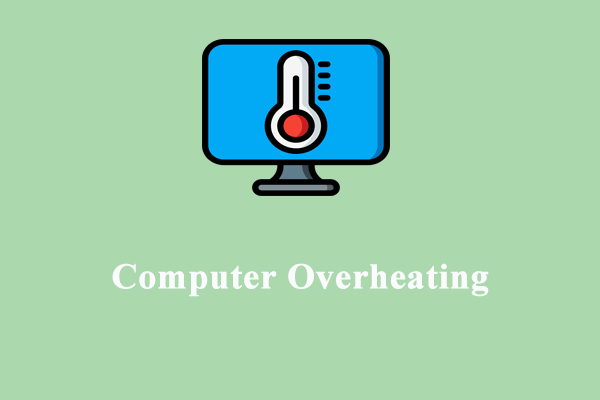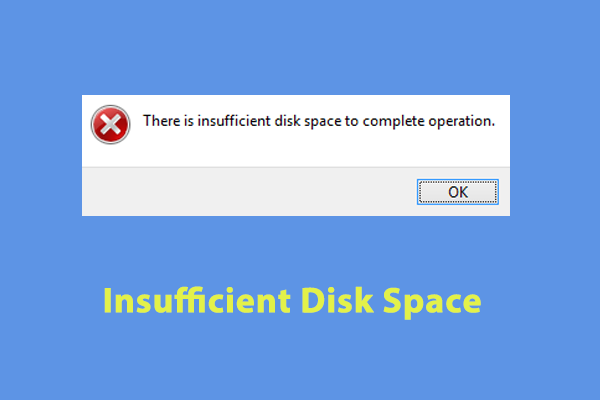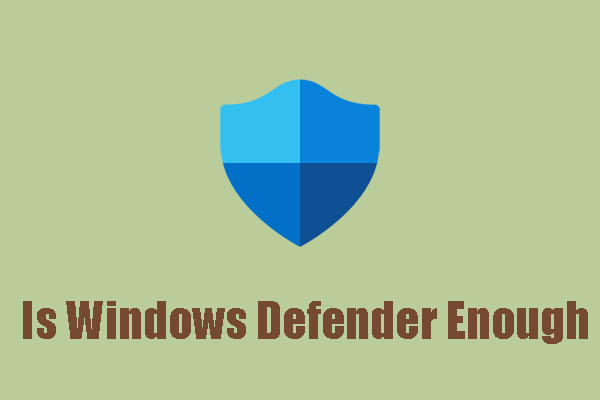As time goes by, your computer might run slower than ever. Why do computers slow down with age? What exactly happens to them? How to speed them up for better performance and faster speed? Refer to this guide to get the answer!
Why Do Computers Slow Down with Age?
In everyday life, most of us can’t go about without a computer and it is closely associated with our productivity. Do computers slow down with age like any other gadgets? The answer is definitely yes, as your computer gets older, its performance and health are bound to decline due to various factors, which might impede your productivity. Although these factors are inevitable, they provide valuable insights to maintain your computer. Without further ado, let’s see how a computer gets slower with age in detail.
Accumulated Dust in CPU and Fans
Any computer cannot be immune to dust, crumbs and other particles that pile up on fans and heatsinks, leading to overheating. Make sure to clean your screen, keyboard, fans, and coolers on a regular basis to keep them from failing due to excessive heat trapped inside your computer.
Hardware Failures
Hardware on your computer is essential for the performance of your computer as it allows you to perform major functions like input, output, processing, storage, communication, etc. On one hand, the hard drive, RAM, and CPU are prone to wear and tear over time:
- HDD’s mechanical components wear down due to continuous usage.
- SSD performance downgrades over a number of writes.
- The components of CPUs and RAMs become less efficient due to physical damages, heavy workloads and high temperature.
On the other hand, new software now requires better and bigger hardware to operate smoothly, so aging hardware might fail to meet the minimum requirements for certain updates and you will have to run outdated programs.
Outdated Software
To improve products, software developers continue to provide new updates with new features, security enhancements, bug fixes, compatibility updates and so forth. If the hardware on your computer is very aging, you might fail to download and install the update.
Keeping using outdated software might make your system more vulnerable to system crashes and cyber risks because you are not able to install the new security patches. Cyber attackers will exploit these security flaws to break into the operating system and then various performance, compatibility, and reliability issues might emerge.
Viruses and Malware
Malware and viruses are another crux in slowing down your computer. They can disguise themselves as random popups, pirated software downloads, and more. Some of them also run in the backend stealthily to eat up your disk, network, memory, CPU, and other system resources, hindering your system from running at its full potential.
Insufficient Storage Space
When you get a new Windows machine, there isn’t much data stored on it, so it has no difficulty carrying out any operations. The more you use your computer, it tends to head up more and more files, programs, downloads, etc. What’s worse, they cause delays and make it less efficient.
Your hard drive needs adequate free disk space to maintain system performance, perform routine operations and store data. For most hard drives, it’s recommended to leave at least 15% to 20% of disk space free. Once your data occupied over 90% of disk space, the PC will be decelerated, full of error messages, and crashing frequently.
How to Speed up An Aging Computer?
After mastering why do computer get slower with age, you can try these methods below to maintain and revive your Windows device.
Scan Your Computer with MiniTool System Booster
When touching on computer performance, MiniTool System Booster is a good assistant for you. It’s a piece of PC tune-up software that quickly scans your computer for issues to ensure peak performance and it has many robust functions including deeply cleaning up your hard drive, freeing up memory, optimizing power usage, finding and fixing common system issues, etc.
With just a few clicks of mouse, the ActiveCare feature can perform a quick diagnosis of your system and repair the detected issues including:
- Clean up junk files in your system.
- Release more available memory.
- Remove invalid register entries.
- Reduce the number of startup items.
- Delete browsing data (cookies, cache, and history in browsers).
Here’s how to speed up an aging computer with this tool:
Step 1. Download, install and launch this 15-day free trial.
MiniTool System Booster TrialClick to Download100%Clean & Safe
Step 2. In the Performance page, toggle on ActiveCare and hit RUN SCAN.
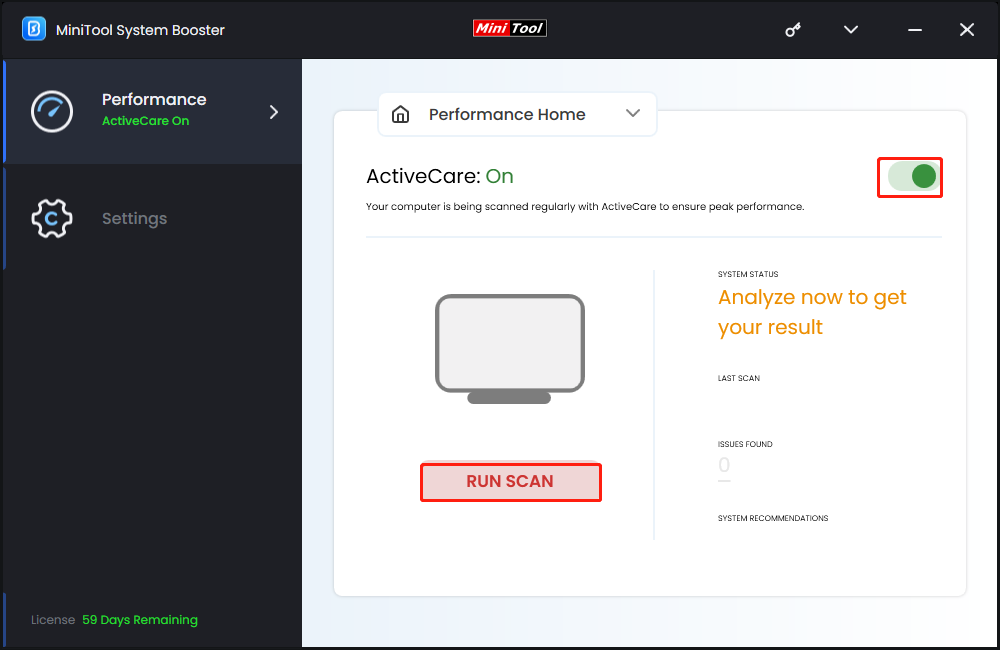
Step 3. After a few moments, it will list your current system status, issues found and system recommendation tips for you. Click on the FIX ISSUES button and all the found problems will be solved at once.
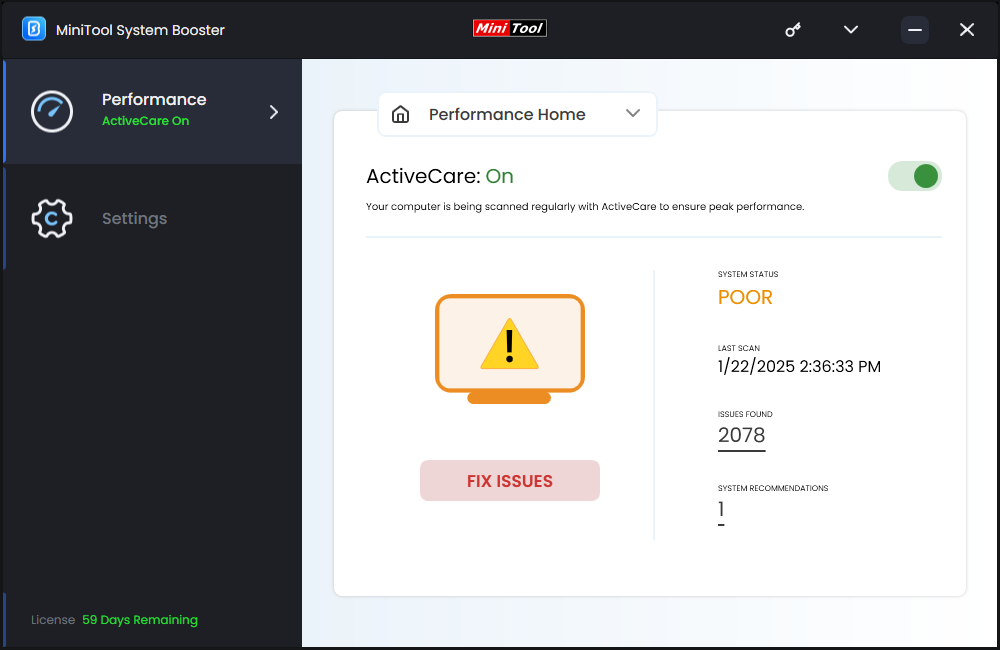
In addition, MiniTool System Booster offers some other advanced tools to help manage your files and the operating system like:
- Program Accelerator – defrags your hard drives to boost file transfer speed.
- Advanced Uninstaller – removes rarely used programs.
- Deceptive Programs – finds and removes malicious software.
- Drive Scrubber – securely wipes all the data from a drive.
Scan Your PC with Antivirus Software Periodically
Since malware attacks are random and unpredictable, the best way is to scan your computer regularly with decent antivirus programs like Malwarebytes, McAfee, Norton, Bitdefender, etc. This doesn’t cost much time and effort but it can prevent, detect, and remove malicious software from your PC to the utmost extent.
#More Tips to Make Your Aging Computer Run Faster
- Move some big files to a cloud server.
- Factory reset your computer.
- Clone your HDD to SSD.
- Extend your C drive with MiniTool Partition Wizard.
MiniTool Partition Wizard FreeClick to Download100%Clean & Safe
Wrapping Things Up
Why do computers slow down with age? Do hard disks slow down with age? There are 5 elements that contribute to it: accumulated dusts, hardware failures, software compatibilities, virus infections, and bloated operating system. As a rule of thumb, you can utilize MiniTool System Booster to level up the overall system performance easily. Get this freeware to unlock more features now!
MiniTool System Booster TrialClick to Download100%Clean & Safe


